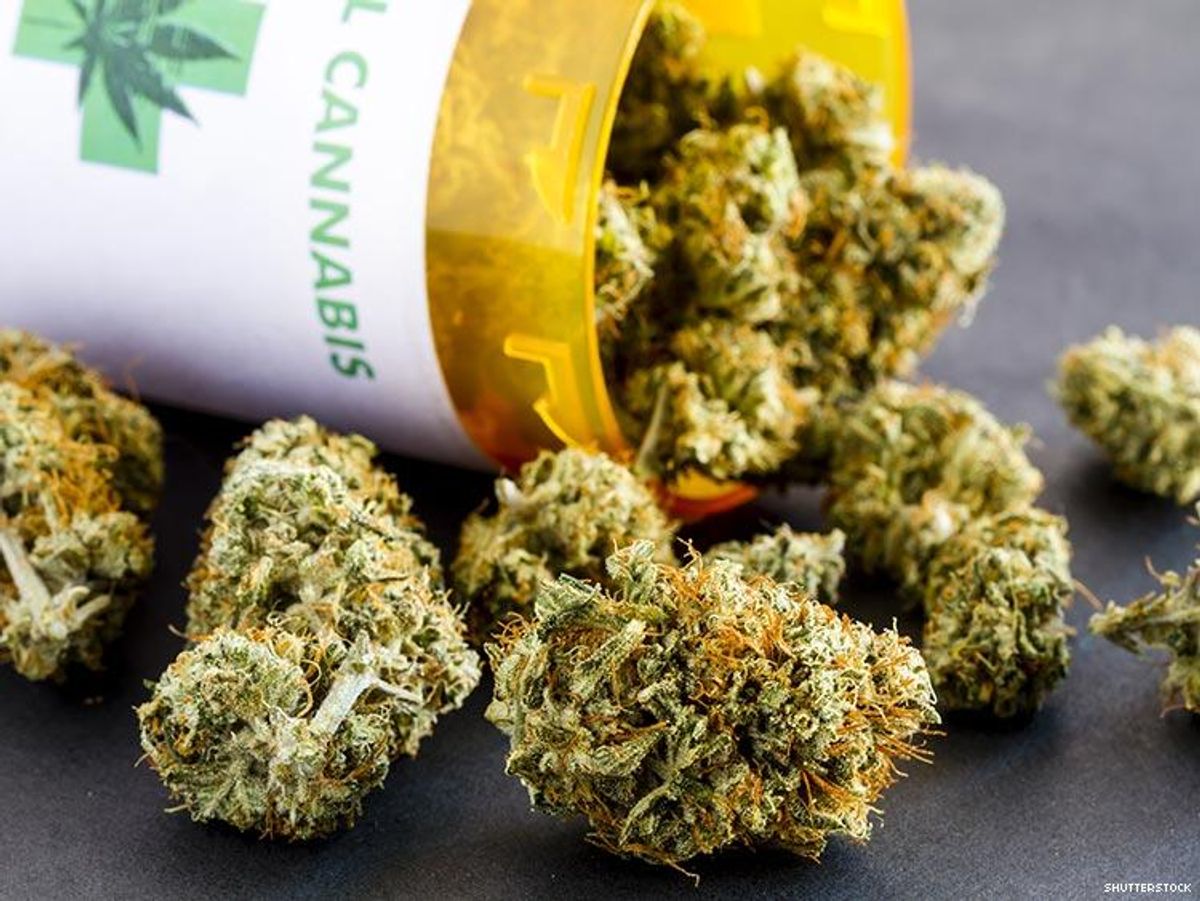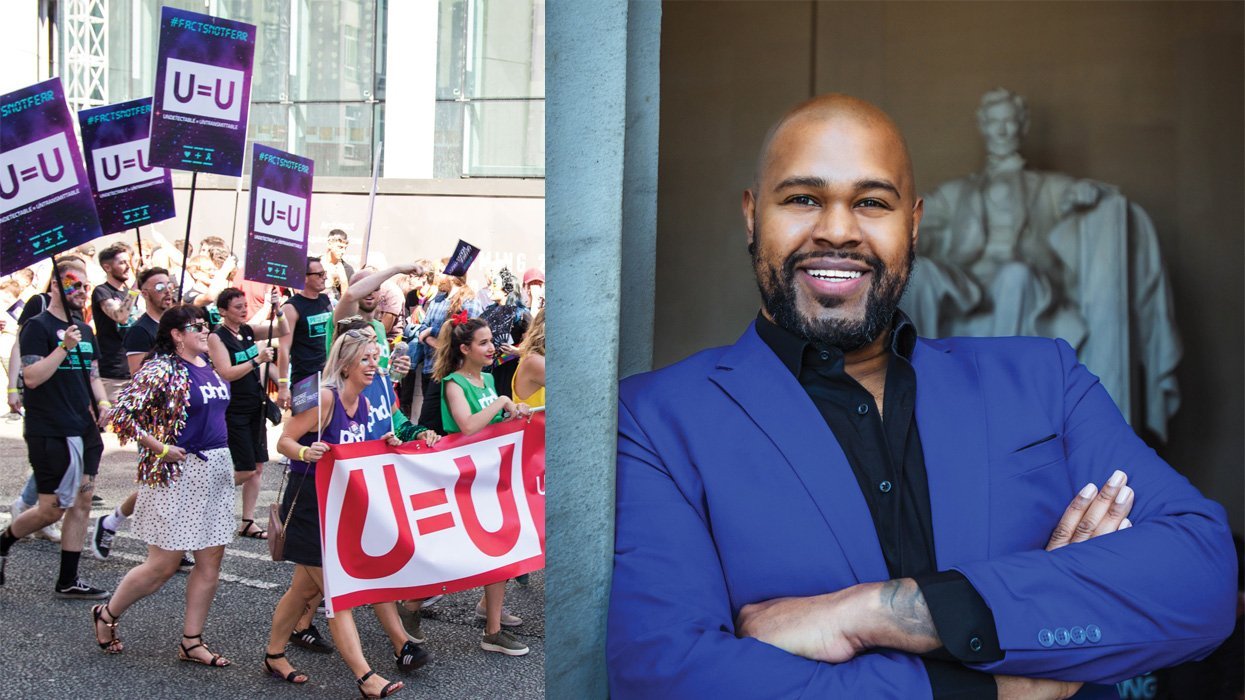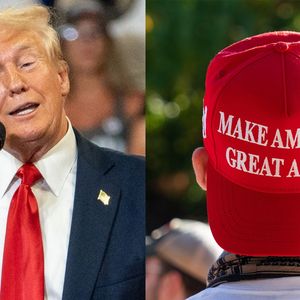Can medical research using marijuana proceed or not? That's the question people were left asking after conflicting statements from the Obama administration. As The New York Times reported, the administration revealed its interest in removing barriers to the use of the drug in research.
Meanwhile, the Drug Enforcement Agency announced it would not reclassify marijuana, despite earlier suggestions that it might. Instead, they've made it clear that pot will remain a schedule one drug. According to U.S. Code, the classification, includes drugs like LSD and heroin, that have high potential for abuse, have "no currently accepted medical use in treatment in the United States," and may not be safe for use under medical supervision.
"This decision should not come as a surprise," said Greg Falls, a partner at the national law firm Sherman and Howard, and a proponent for maintaining pot's schedule one classification. "Medical marijuana is the snake oil of the 21st Century. Legalization advocates, most of whom are positioned to make big bucks in the business, claim marijuana in some form will relieve or cure many common, and some uncommon, medical conditions. They say it has been used as medicine for over 5,000 years, and no one has ever died from it. Where is the evidence?'
Saying pot has "no currently accepted medical use" ignores the fact that many people are prescribed medical marijuana. Asking, "where is the evidence?" is ridiculous when the very evidence requested is unavailable because regulations have made it impossible for researchers to use marijuana in studies. As Popular Science reported a few years ago, the nation's research-grade cannabis is controlled by the National Institute on Drug Abuse. Naturally, while cannabis is still considered a drug at risk of abuse the institute hasn't been eager to see its use increase.
Further limiting access, theNew York Times explains, is the fact that the University of Mississippi "has been the only institution authorized to grow the drug for use in medical studies. This restriction has so limited the supply of marijuana federally approved for research purposes that scientists said it could often take years to obtain it and in some cases it was impossible to get."
Yet, there is growing evidence that marijuana provides real relief for pain and nausea, and possibly even HIV. As we reported last year, studies suggest elements of cannabis may lessen HIV’s damage in the gut, prevent HIV-related neurological damage, and even prevent HIV from attaching to cell receptors.
Medicare and Medicaid have seen huge drops in prescriptions for highly addictive narcotic pain killers in states where medical marijuana has been legalized. These findings have only increased interest in the development of cannabis-derived medications.
The Food and Drug Administration says it supports scientific research on potential therapeutic uses of marijuana compounds. Universities and researchers have been pushing to get access to cannabis in order to do just that.
In responding to these pressures, the DEA announced it has adopted a new policy "designed to increase the number of entities registered under the Controlled Substances Act to grow (manufacture) marijuana to supply legitimate researchers in the United States." The agency currently taking applications from potential growers (including universities and research centers), opening the way for new research on marijuana compounds — and new treatments for HIV and HIV-related illnesses.

















































































